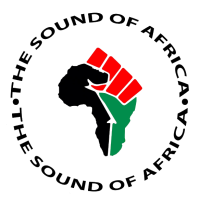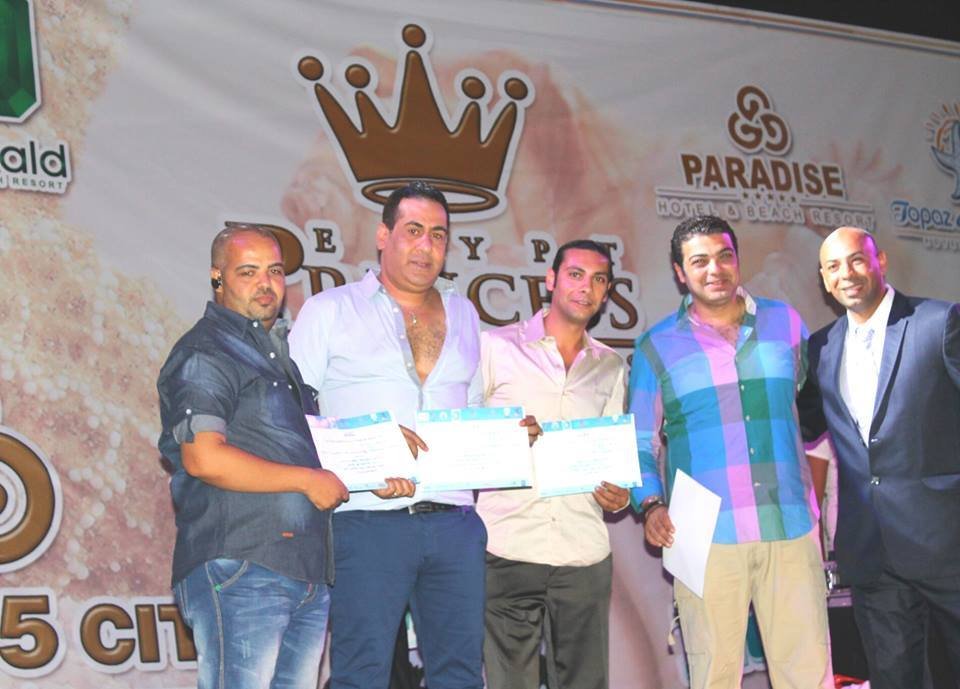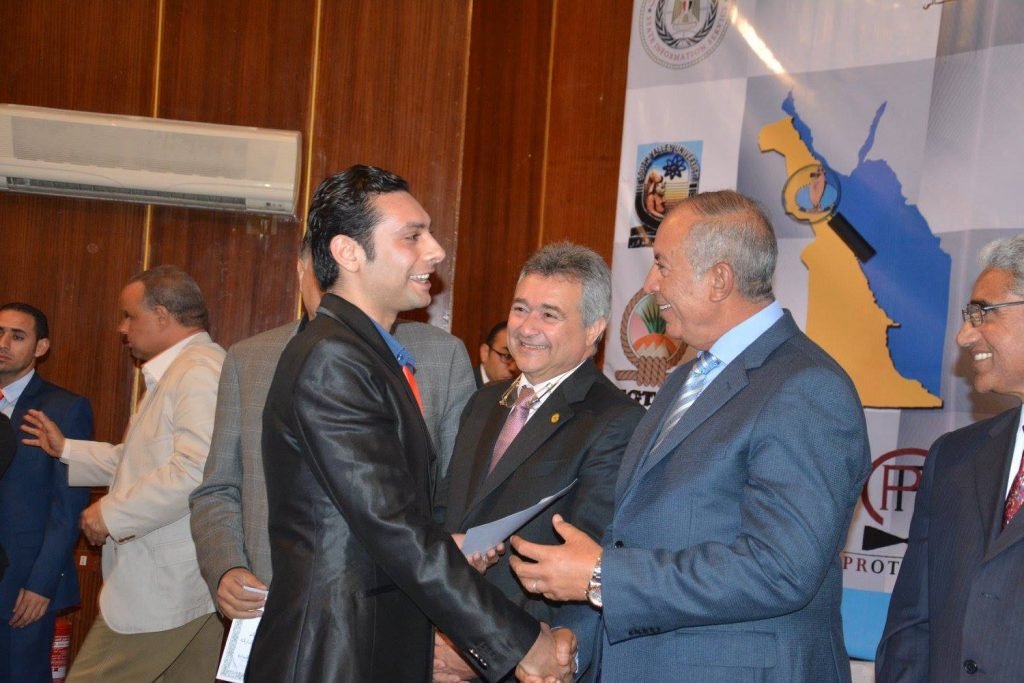Listening Hard: Why Asante Africa Foundation Remembers the Soweto Uprising
There is an echo that has t raveled for nearly 50 years.
raveled for nearly 50 years.
It bounces from student to student, school to school, through communities and over borders. To new generations of learners.
They are the reverberations of a 12-year-old, who made a sign, stood up, and cried out against the dogs, the tear gas, the guns, and a government that did not listen.
It resounds through all of Africa and reaches outward over the oceans.
It is the decree of ten thousand children, which says:
“I have a right to learn.”
In the weeks leading up to the Soweto Uprising (which began on June 16, 1976), the South African government issued a mandate that Afrikaans would become the required language of instruction in schools. The immediate effect of this change meant pausing the educational development of children and teens who relied on classes that supported instruction in their indigenous languages.
After teachers, parents, and other well-meaning adults failed to prevent the measure, ten thousand youths rallied in peaceful protest to defend their dignity and education. The event turned tragic when several of them lost their lives in an escalation with law enforcement. In the following protests and riots, hundreds more lost their lives. These events drew international attention to apartheid and contributed to its ultimate dismantling many years later.
Why We Still Listen to the Voices of 1976
At Asante Africa Foundation, we do not advocate for violence of any kind. We also do not shy away from historic events. Because it is only by looking back that we can measure change. There is still much progress to make across the continent.

Our ongoing efforts in Kenya, Tanzania, and Uganda provide tools and resources for learning life skills. We believe that education is the medium that empowers local youth to first thrive as individuals, and as a result, improve their communities with enduring change. As our founding board member, Charles Waigi, said:
“Enriched minds will collectively find solutions to all other problems.
Enriched minds come from quality education.”
Today, as we reflect on the events of the Soweto Uprising, we take the time to grieve for those lives lost so long ago… yet not so long ago. We refuse to let the echo fade out into the distance. Instead, we open ourselves and let it resonate within, even though it is difficult to do so.
As each new generation discovers how to self-advocate and channel their determination, it is crucial that those who hold power discover how to hear them. We recognize our own organization as one that holds some influence over the outcomes of young learners.
Thus, it is clear:
Our Mission Is to Listen Hard
We remember the Soweto Uprising in the hope that children will never again feel compelled to march in defense of their education. That progress will flourish and speak louder than any protest. That the boldness, ingenuity, and determination of young people will remain channeled directly into opportunities for learning and growth. That those opportunities are kept stable, viable, equitable, and well protected. And that our participation in those outcomes is aligned accurately with the true needs and the will of this generation.



